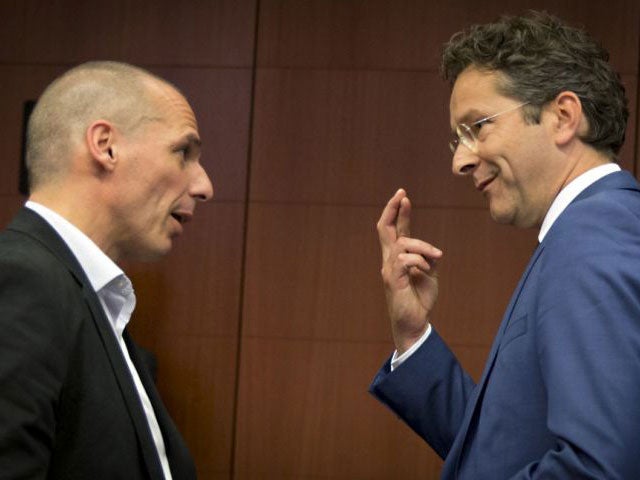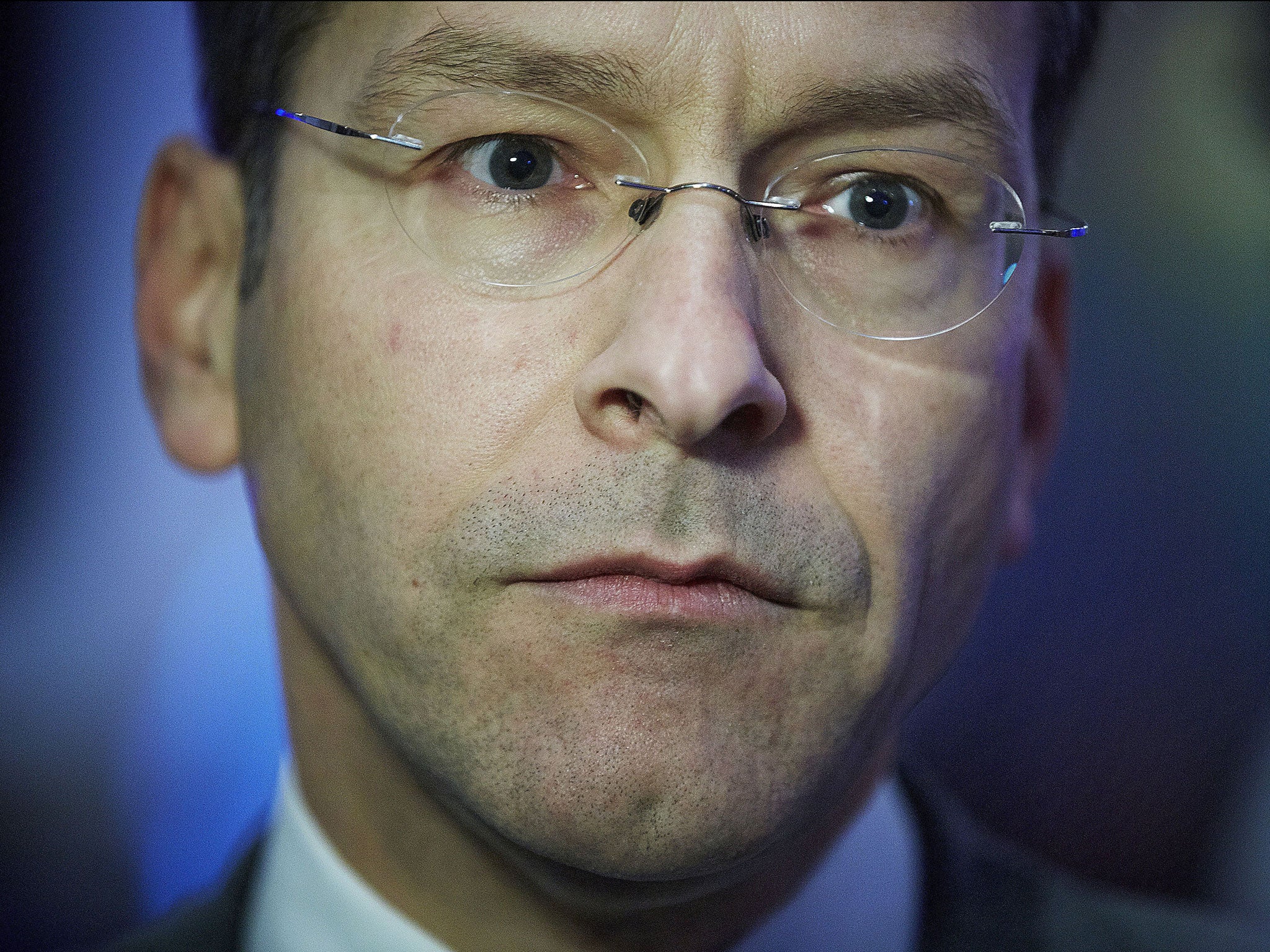Greece warns it will run out of cash in two weeks
EU ministers say further reforms needed before bail-out funds are released

Your support helps us to tell the story
From reproductive rights to climate change to Big Tech, The Independent is on the ground when the story is developing. Whether it's investigating the financials of Elon Musk's pro-Trump PAC or producing our latest documentary, 'The A Word', which shines a light on the American women fighting for reproductive rights, we know how important it is to parse out the facts from the messaging.
At such a critical moment in US history, we need reporters on the ground. Your donation allows us to keep sending journalists to speak to both sides of the story.
The Independent is trusted by Americans across the entire political spectrum. And unlike many other quality news outlets, we choose not to lock Americans out of our reporting and analysis with paywalls. We believe quality journalism should be available to everyone, paid for by those who can afford it.
Your support makes all the difference.The Greek Finance Minister warned on Monday that the country will hit crisis in a couple of weeks if an agreement on further funding from the EU cannot be agreed.
Yanis Varoufakis said the financial situation in Greece is 'terribly urgent', even as it began payment of €750 million in debt interest to the International Monetary Fund a day ahead of the Tuesday deadline.
Varoufakis told reporters outside the talks in Brussels that liquidity is a "terribly urgent issue".
"It's common knowledge, let's not beat around the bush. From the perspective [of timing], we are talking about the next couple of weeks," Varoufakis said.
Read more: EC slashes Greek growth forecast to 0.5%
Default delayed after €200m IMF interest payment met
The original Grexit: Greece has form
Will this be the week when Greece’s future is decided?
EU ministers struck a hard line with Greek negotiators on Monday, demanding the country make further reforms before it will lend a further €7.2 billion of the combined €240 billion bailout.
They want further reforms, including cuts to pensions and budget targets, that Athens has so far rejected. Eurozone finance ministers said in a statement that positive progress had been made, but that more time is needed to agree on these "open issues".

Jeroen Dijsselbloem, the EU minister chairing the talks, gave no guarantees that the EU would yield before a crisis hits.
"There are time constraints and liquidity constraints and hopefully we will reach an agreement before time runs out and before money runs out," Dijsselbloem said.
It’s not yet clear how Greece has met payments so far, though the mayor of Thessaloniki said the city had been asked to hand over some cash reserves.
There are also reports that state payments are being withheld, after pension payments were delayed and some payments for medical staff were not received. Hospital suppliers, who provide bandages and vital machinery to hospitals, have warned that they may not able to continue deliveries.
Germany has suggested that Greece should hold a referendum to decide whether it should meet the reforms, flipping its position on an idea it previously said could destabilise the financial markets or trigger a run on Greek banks.
Join our commenting forum
Join thought-provoking conversations, follow other Independent readers and see their replies
Comments